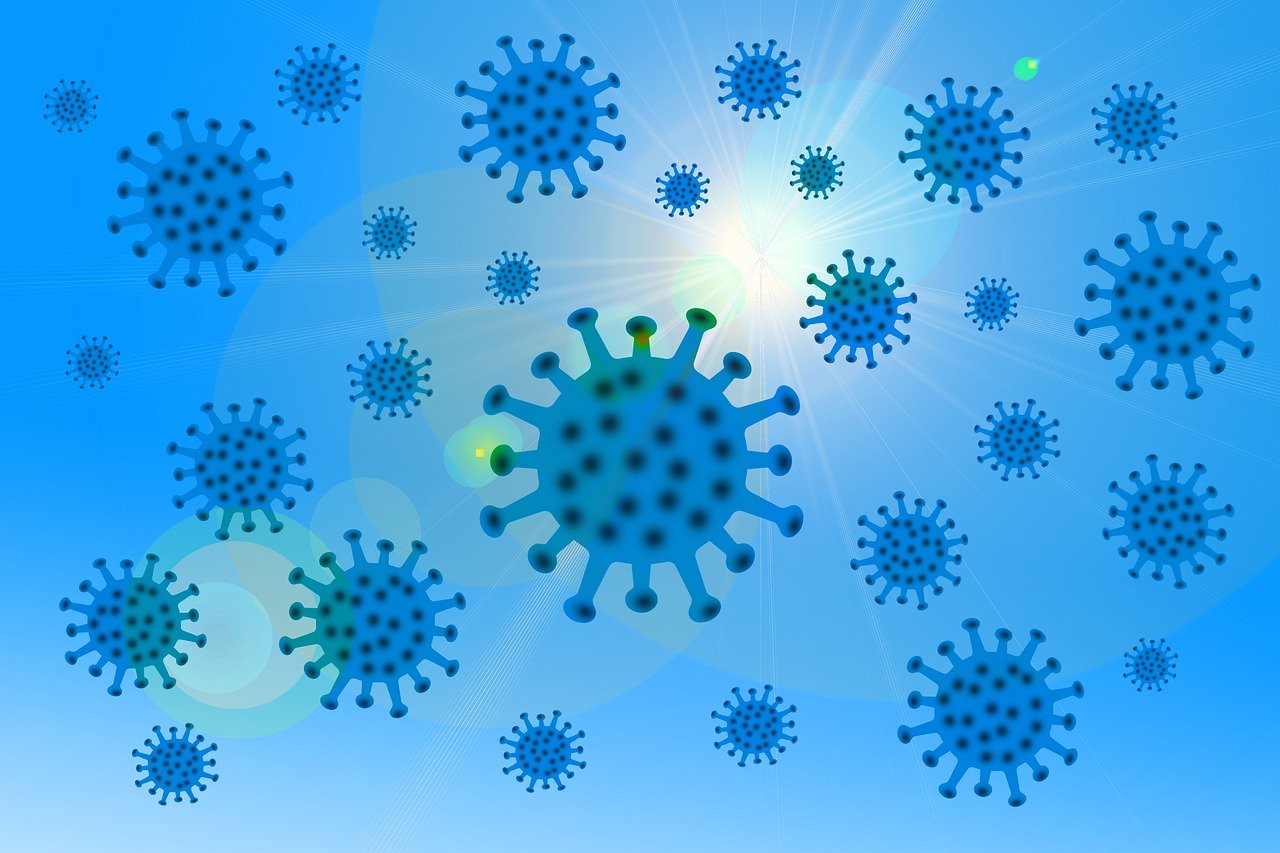The COVID-19 vaccines are now in their final phase and the companies have asked people to volunteer to begin human trials. The reports published by “1Day Sooner” reveals that approximately 35,000 people belonging to the 160 countries have shown interest in being a part of COVID-19 Vaccine’s human trials. But is it an ethical thing to do?
Many people find it hard to acknowledge that this human vaccine is necessary or ethical. For them, exposing the healthy and normal people to test a vaccine of highly infectious disease is strange.
Also Read- A Top Health Expert Resigns Over Ethical Concerns on Russian Coronavirus Vaccine
During any vaccine trial, there are two groups of people, one of which is given the new vaccine and the other is given a placebo. After that, the pathogen is exposed to them, on purpose and the people who are given vaccines are tested for efficacy of the vaccination. This is the primary evidence of any vaccine’s effectiveness.
It is also the same in traditional medical testing where a group of people is given a new formula that may improve their health. It is risky but this risk often leads to the successful creation of a novel medicine that is required to treat a patient. But again, deliberately exposing these people to something which may risk their health.
But these ethical challenges are more than risky during the COVID-19 vaccine’s human trials. The ethical guidelines (2016) suggest a number of requirements that are necessary while conducting these tests. It includes a powerful scientific rationale, reduced risk to the study participants, and the consent related details regarding these participants.
One requirement is that no participant is subjected to a risk that may be irreversible or can cause death. While these challenges were also there for developing malaria and cholera vaccines, they were granted permission because the result might change the future of these patients.
In the case of the COVID-19 vaccine’s human trials, it is hard to meet this specific requirement which is why the ethical concerns are raised. The death rate by coronavirus is nearly 7.3 percent in Canada alone and if these trials picked young adults, this risk is 0.03 percent.
It looks like COVID-19 only affects the lungs but the truth is that it can affect all body organs and may cause multiple organ failure in some critical patients. On the other side, there is no treatment available for this infection.
Also Read: Getting A Coronavirus Vaccine Shot May Not Be Made Mandatory, Says Fauci
There is a huge disparity among researchers on the ethical concerns of this vaccine’s testing. On one side, it may increase vaccine development and save millions of lives and on the other side, it is like calculatingly subjecting all healthy people to risk.
Nir Eyal, a bioethicist has said in his TED talk that the permitted risk for conducting these studies is relatively low. Subjecting all these people to coronavirus is equally risky like donating a kidney. Although the risks of death in kidney donation are low, still, the danger is there.
If all ethical challenges and standards are followed, following the human trials are acceptable. But not warning public especially to the volunteers would be unfair. Public trust should be a prime concern regarding vaccine development to setback the COVID-19 pandemic.


